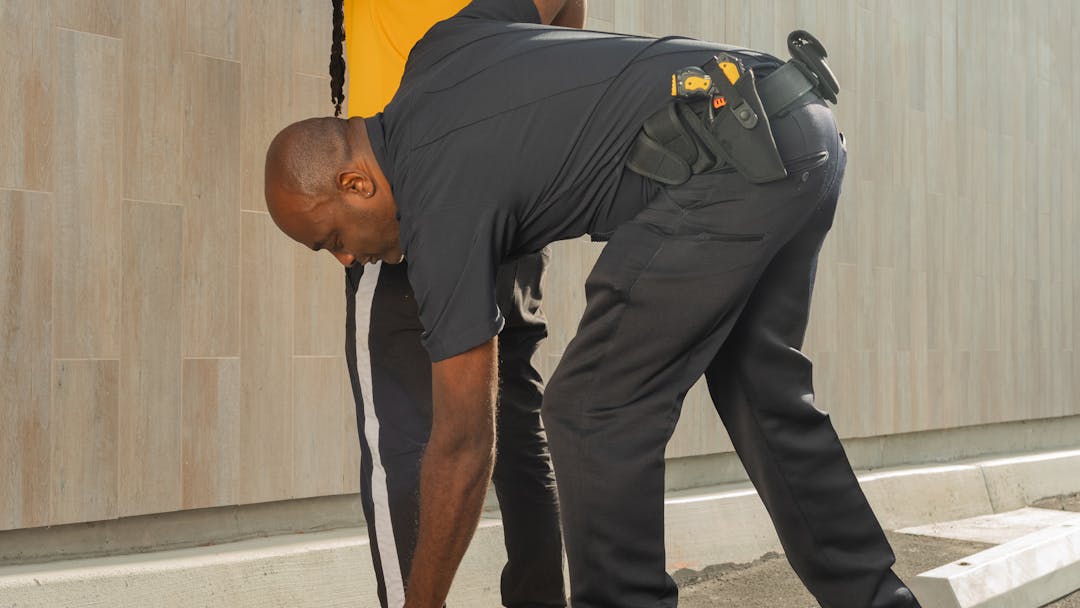The Impact of Marijuana Reclassification on Legal LandscapeOn May 6, 2024, the DEA made a groundbreaking decision, accepting the US Department of Health and Human Services' recommendation to reclassify marijuana from Schedule I to Schedule III controlled substance....

Justice Department Submits Proposal to Reschedule Marijuana
Proposed Rule Seeks to Move Marijuana from Schedule I to Schedule III, Emphasizing its Currently Accepted Medical Use in Treatment in the United States
The Justice Department announced today that the Attorney General has initiated a formal rulemaking process to consider reclassifying marijuana from a schedule I to schedule III drug under the Controlled Substances Act (CSA).
After all… it’s an election year.
Marijuana has been classified as a schedule I drug since Congress enacted the CSA in 1970. On Oct. 6, 2022, President Biden requested a scientific review of marijuana’s federal scheduling from the Attorney General and the Secretary of Health and Human Services (HHS).
After receiving HHS’s recommendations last August, the Attorney General sought the legal advice of the Justice Department’s Office of Legal Counsel (OLC) on questions relevant to this rulemaking. Taking into consideration HHS’ medical and scientific determinations, as well as OLC’s legal advice, the Attorney General exercised his authority under the law to initiate the rulemaking process to transfer marijuana to schedule III.
The Legal Significance of Marijuana Reclassification
A historic cannabis shift is one of the latest election year moves
AP StoryPresident Joe Biden may potentially ban TikTok, but he aims to offer young individuals, who largely influence this widely-used social media platform, a more lenient government regulation regarding marijuana. Facing a decline in support from an important...
The rescheduling of a controlled substance follows a formal rulemaking procedure that requires notice to the public, and an opportunity for comment and an administrative hearing.
Throughout this process, the Drug Enforcement Administration will gather and carefully consider input from the public to determine the appropriate schedule for marijuana. Until a final rule is published, marijuana will continue to be classified as a schedule I controlled substance.
The notice of proposed rulemaking submitted by the Department can be viewed here, and the OLC memorandum regarding questions related to the potential rescheduling of marijuana can be found here.
Learn more about the rulemaking process here
DUI Charges?
Sometimes it’s cheaper in the long run to fight them
Call to Fight for your Rights (248) 357-2550







